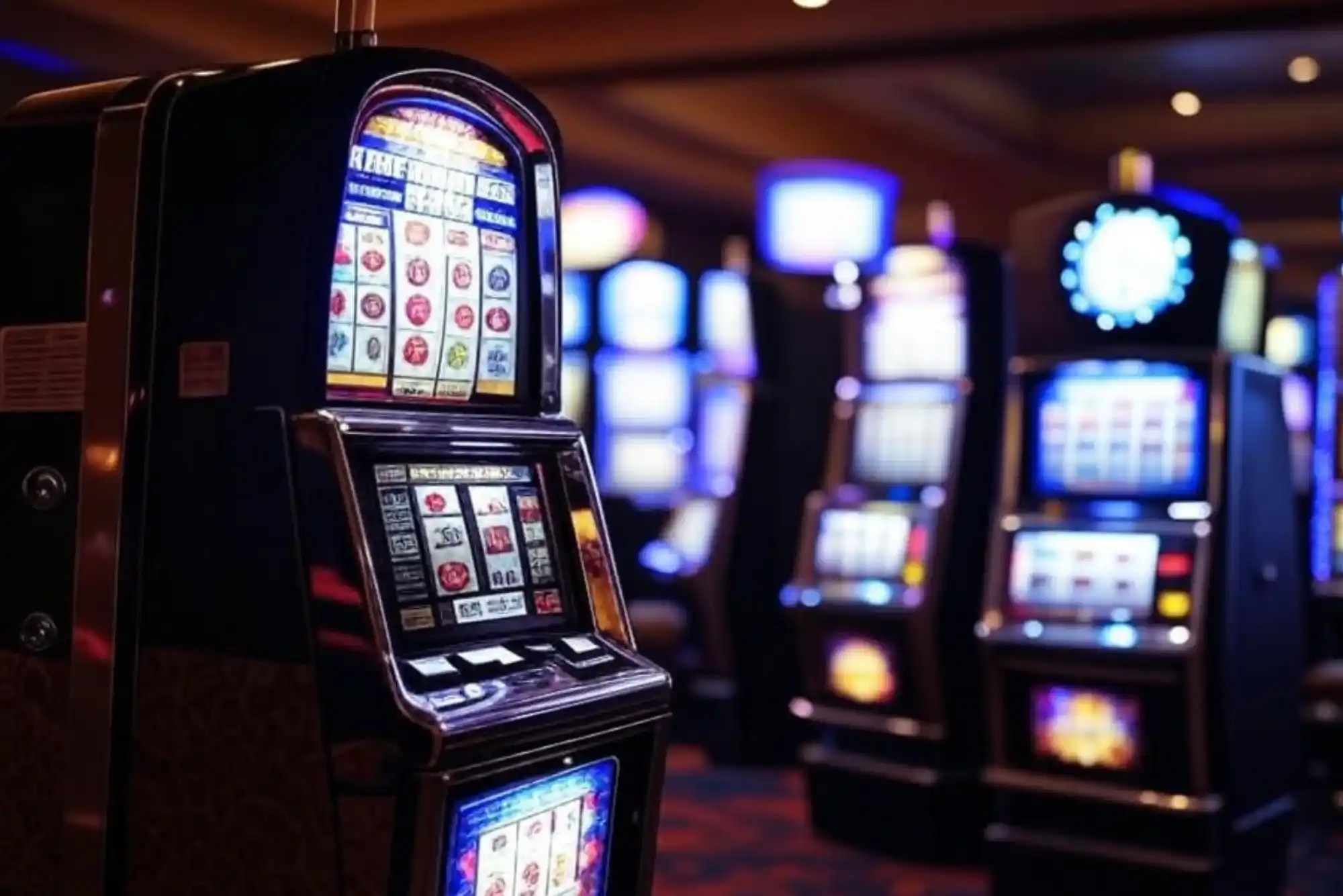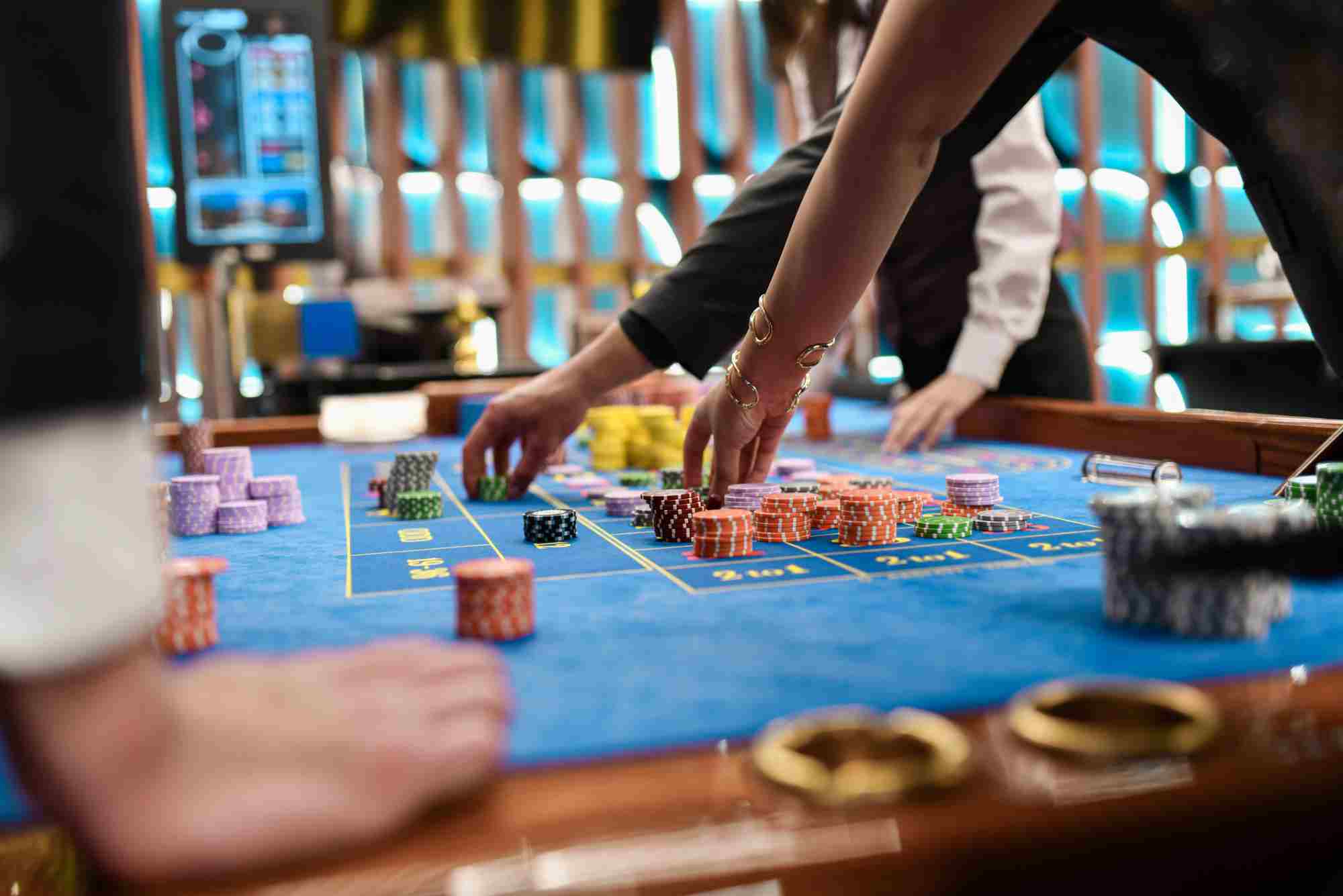If you’ve ever spun the reels of an online slot game and lost repeatedly, the thought has probably crossed your mind: “Are these online slots actually fair?” It’s a fair question—especially in a digital world where we can’t physically see the slot mechanics working. Let’s dive deep into how online slots operate, whether or not they’re rigged, and how non UK casinos fit into this conversation about fairness and trust.
Understanding the Mechanics: RNG and RTP
To really understand if online slots are rigged, you first need to grasp the basic tech behind them—specifically, the Random Number Generator (RNG) and Return to Player (RTP) percentage.
RNGs are the engines of every legitimate online slot. This software algorithm generates thousands of random number combinations every second, even when the game isn’t being played. The exact moment you click “spin” determines the final result, meaning there’s no pattern, no “due” win, and definitely no influence from your previous spins.
RTP, on the other hand, is a theoretical percentage of how much a slot machine is programmed to pay back over time. For example, a slot with a 96% RTP should, over a long period and millions of spins, return $96 for every $100 wagered. This doesn’t mean you’ll personally win back 96%—it’s an average across all players. But it does tell you that the game is designed with a built-in house edge.
When both RNG and RTP are working as intended—and, more importantly, monitored by regulatory authorities—the slot is fair. Not winnable all the time, but fair.
So, Are Online Slots Rigged?
The short answer? Not if you’re playing at a regulated online casino.
Licensed casinos (especially those approved by the UK Gambling Commission, Malta Gaming Authority, or the Curacao eGaming board) are required to have their RNG software independently tested by third-party firms like eCOGRA or iTech Labs. These companies audit the games to ensure the outcomes are truly random and the RTP values are consistent with what’s advertised.
However, the waters get murkier when you venture outside of well-regulated territories—this is where non UK casinos enter the scene.
The Rise of Non UK Casinos
In recent years, there has been a noticeable shift among UK players toward non UK casinos. These are online casinos that operate outside of UK jurisdiction—often licensed in Curacao, Cyprus, or other offshore regulatory bodies. But why are players turning to them?
For many, it’s about fewer restrictions. UK Gambling Commission regulations have tightened in recent years, adding limits on slot spin speeds, banning auto-play, and increasing Know Your Customer (KYC) requirements. While these rules are meant to protect players, some feel they dampen the entertainment value.
Non UK casinos often offer more bonuses, less friction during registration, and access to a wider range of games—some even offering anonymous play using cryptocurrency. But this comes with a catch: not all offshore casinos operate with the same integrity.
How to Know If a Slot Is Fair at a Non UK Casino
So, are slots at non UK casinos rigged? Not necessarily—but you do have to be more cautious.
Reputable non UK casinos still partner with well-known game providers like NetEnt, Microgaming, or Play’n GO. These developers won’t risk their reputation by allowing their games to be manipulated or altered. If you’re playing a NetEnt slot at a Curacao-licensed casino, and the game has been sourced directly from the provider, it should function exactly the same as it would in a UK-licensed environment.
However, some rogue operators can and do host fake versions of popular slots—versions that look the same but are programmed to deliver lower-than-advertised RTPs or even entirely rigged outcomes. These are the casinos to watch out for, and unfortunately, they do exist in the unregulated shadows of the industry.
Tips to Avoid Rigged Online Slots
While you can’t look under the digital hood of every slot machine, there are a few signs that can help you avoid being scammed:
Check the Casino License: A license from Malta, Gibraltar, or Curacao doesn’t guarantee integrity—but it’s a good start. Make sure the license number is listed and verifiable.
Stick with Recognized Game Providers: Big names like Evolution, Playtech, and Yggdrasil have too much at stake to associate with shady platforms.
Use Player Forums: Communities like Casinomeister or Trustpilot are goldmines for player reviews. If a casino is rigging games, you’ll usually hear about it from other players.
Avoid Clones or Unbranded Slots: If the game title or interface looks a bit off or doesn’t have a developer’s logo—run the other way.
Test with Low Stakes First: Before going all-in on a new slot or casino, try it out with small bets. Check the game’s volatility and see if the payouts match the advertised RTP over time.
Are Losses a Sign of Rigged Slots?
Let’s address the elephant in the room: just because you’re losing, doesn’t mean the game is rigged.
Slot machines are high-volatility by nature. They’re not designed to give frequent wins but rather occasional big wins. That means you might go through dozens of spins with nothing—and then hit a large bonus or feature round. It’s a rollercoaster, and the house always has an edge.
What matters is consistency over time, not short-term outcomes. If you’re frequently losing at slots on a trusted platform with certified games, it’s likely just variance at play—not rigging.
Responsible Gambling and the Psychology of Slot Play
Another reason why people question the fairness of slots is psychological. Slots are designed to be immersive—bright colors, flashing lights, suspenseful sounds. Every spin feels personal. When you win, it’s exciting; when you lose, it feels unfair.
Combine that with near misses (just one symbol off the jackpot!) and rapid-fire gameplay, and it’s no wonder players sometimes think the system is cheating them.
Responsible casinos (especially those regulated in the UK) are required to include cool-off timers, reality checks, and betting limits. But non UK casinos may not be held to those same standards, so it’s on you to set limits and maintain control.
If you ever feel like you’re chasing losses or playing emotionally, that’s a bigger issue than whether the game is rigged. Fair or not, slot play should always remain a form of entertainment—not a financial plan.
Final Thoughts: Fairness Depends on Where You Play
So, are online slots rigged or fully random? The answer isn’t black and white.
At reputable, licensed online casinos—whether UK-based or non UK casinos—slots are built on RNGs and tested for fairness. But fairness doesn’t mean generosity. The house will always have a statistical edge, and variance means you’ll lose more often than you win.
The real risk lies in where you choose to play. Non UK casinos can offer excellent experiences, better bonuses, and fewer restrictions—but they also operate in a more relaxed regulatory environment. That means you need to do your homework, vet the operator, and stay aware of red flags.
Whether you’re spinning for fun or chasing that elusive jackpot, knowledge is your best defense against rigged or shady operators. When you understand how slots work and how to choose a trustworthy casino, you’re already ahead of the game.
Gamble smart, stay safe, and remember: every spin should be a thrill—not a trap.




